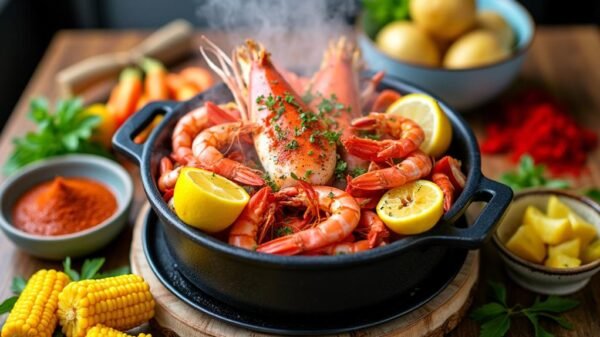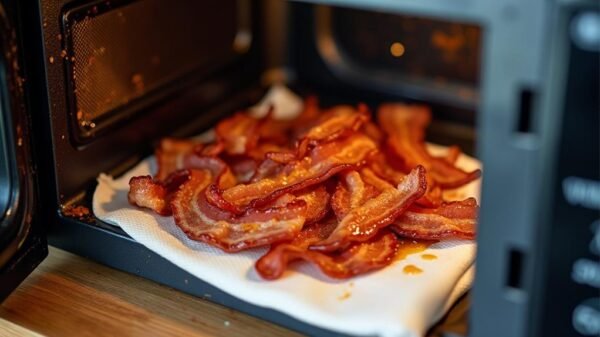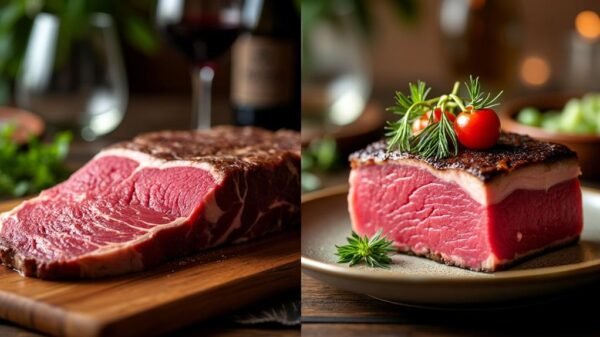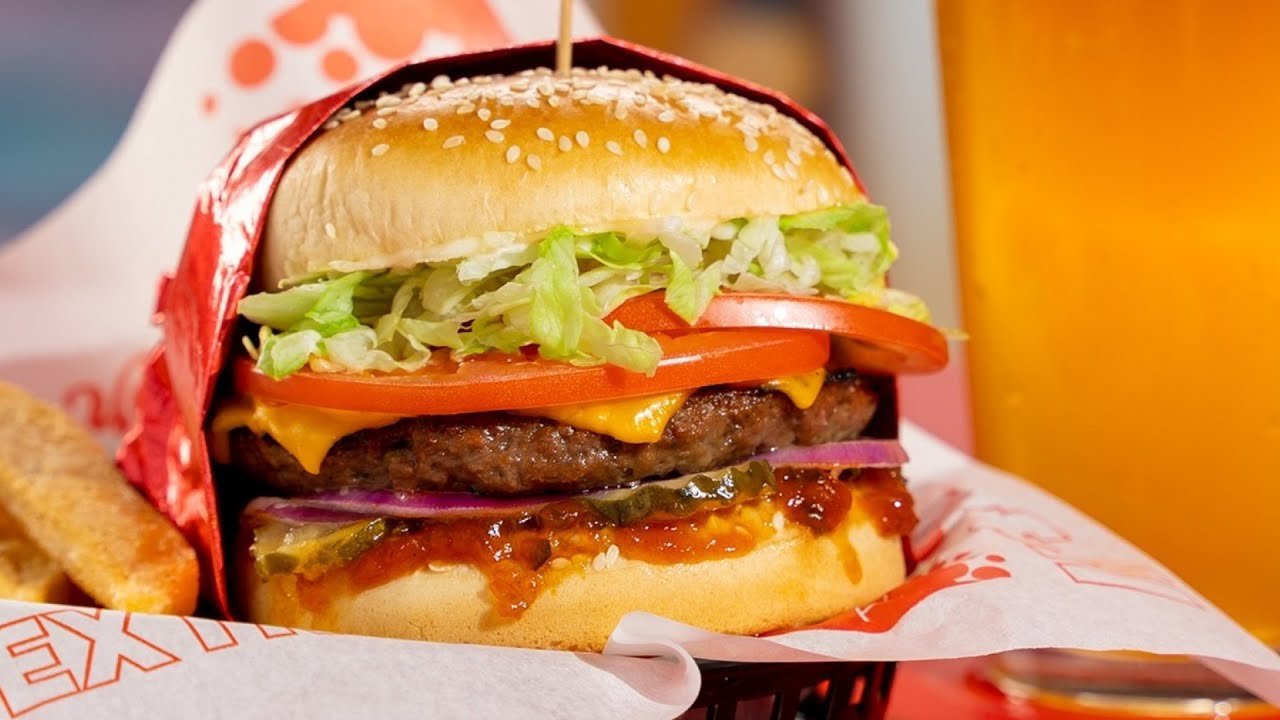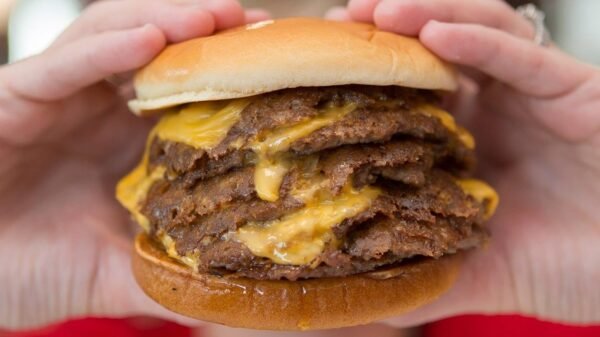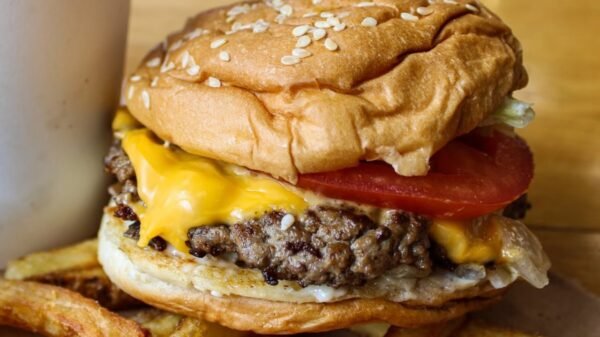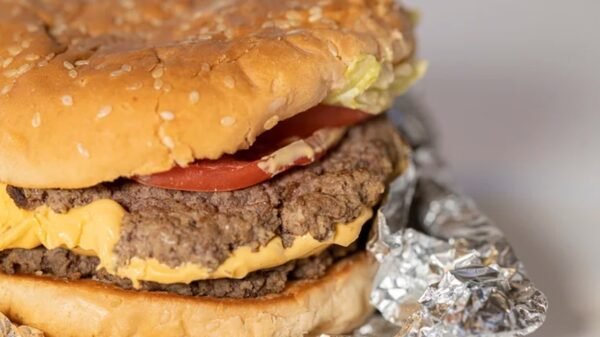Before the COVID-19 pandemic, many burger chains were already facing significant challenges, which only worsened with the onset of global health crises. Financial strain pushed several well-known establishments like Steak ‘n Shake and Cheeseburger in Paradise to the brink of closure. Sit-down restaurants, such as TGI Fridays and Red Robin, experienced severe declines in customer traffic, leading to escalating financial woes.
This downward trend hasn’t spared the fast-food industry; even Burger King has reported notable financial setbacks. Other chains, including Roy Rogers and Fuddruckers, struggle to keep their doors open amidst dwindling popularity and increased competition. These challenges highlight the rapidly changing landscape of the restaurant industry, where only the most adaptable entities survive.
Economic realities have particularly hit dine-in burger chains, significantly impacting their business models and leading to closures or rebranding. The Habit Burger Grill and other similar establishments face uncertain futures as they attempt to navigate these turbulent times, striving to stay relevant and appealing to modern consumers. The pandemic underscored the need for agility within the food service sector, emphasizing the critical balance between innovation and tradition.





